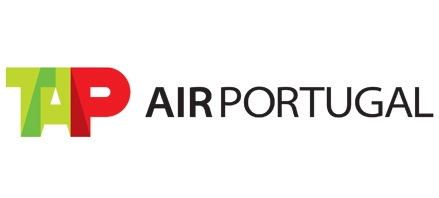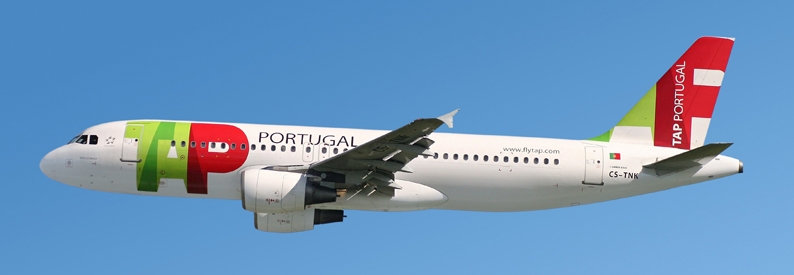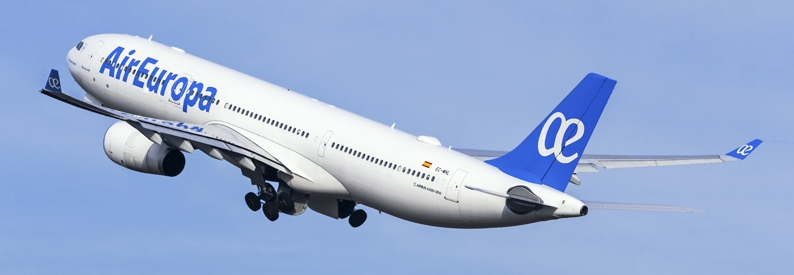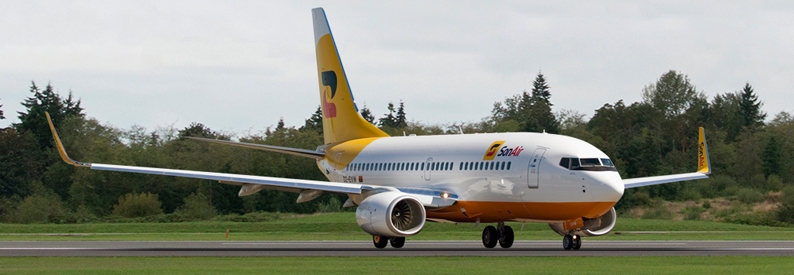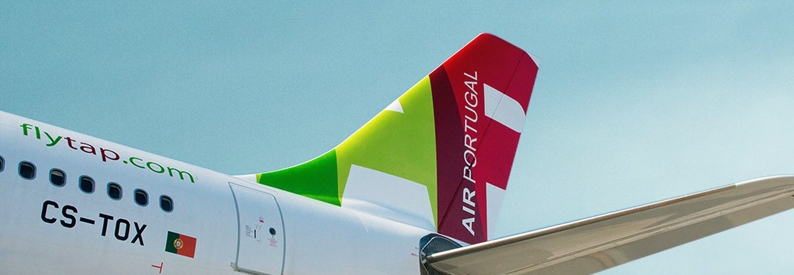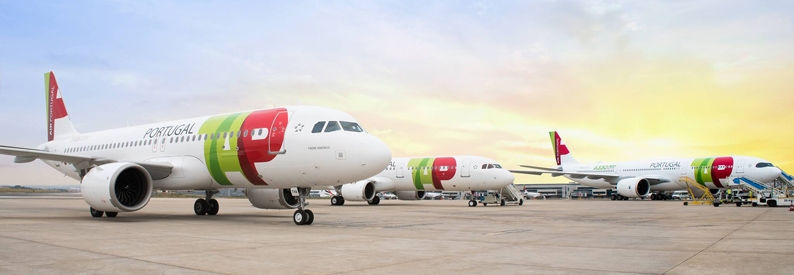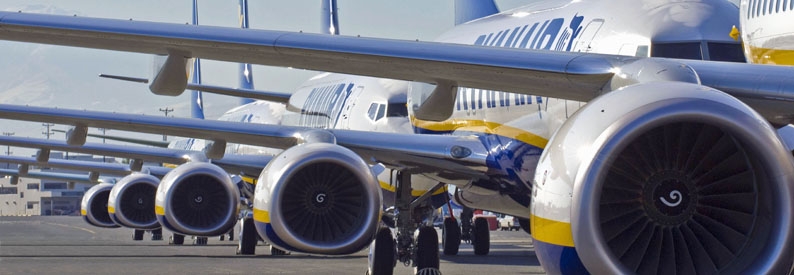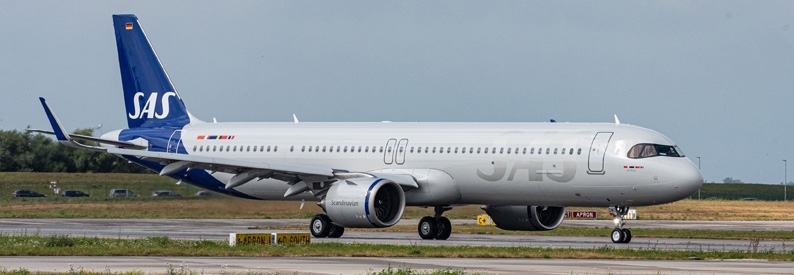Portugal and Ryanair (FR, Dublin International) have drawn battle lines after the Irish budget carrier won its challenge in the European Union General Court to block Portuguese state aid for struggling national carrier TAP Air Portugal (TP, Lisbon).
Portugal’s Minister of Infrastructure and Housing, Pedro Nuno Santos, has accused Ryanair of meddling in the country’s internal affairs and systematically attacking TAP to gain market share. He has warned Ryanair not to expect any cooperation from the Portuguese state from now on and cautioned it to respect the country’s labour laws regarding employing local pilots and crews. He further accused Ryanair of commercial opportunism, saying while its investment in Portugal was welcome, it was only doing so for commercial gain.
Ryanair Group Chief Executive Officer Michael O’Leary dismissed the allegations. He called on Santos to “stop wasting taxpayers’ money on TAP, and invest in infrastructure”. “His immediate priority should be the opening of Montijo, where Ryanair could - within two years - deliver five million passengers and create over 5,000 new, very well paid jobs in Lisbon.” The proposed establishment of a new Lisbon secondary international airport at Montijo has been mired by controversy and local government opposition.
Their comments followed a video conference call on May 26, which O’Leary dismissed as “interesting although pointless”. Responding to Santos' charges, he said: “We condemn his false claims over recent days that Ryanair is waging a commercial war when this is called competition. We also reject his false claims that Ryanair engages in ‘social dumping’ when we pay our cabin crew more than double what his government pays Portuguese nurses and teachers in a year.”
The face-off follows after Ryanair welcomed the EU court’s rulings on May 19 that EUR1.2 billion euros (USD1.4 billion) in Portuguese state aid to TAP was in breach of European Union law. Ryanair had argued the aid - greenlighted by the European Commission in June last year - had been anti-competitive, rewarded inefficiency, and had reversed the clock on air transport liberalisation in Europe.
Responding in a strongly-worded statement, Santos accused Ryanair of interfering in decisions taken by the Portuguese government. “Portugal is a sovereign and democratic state, and the government does not accept intrusions or lessons from a foreign airline that is only answerable to its shareholders.”
“The investment in TAP is a strategic and structuring investment, not only in the airline but in the Portuguese economy. This is because TAP's impact on the national economy far exceeds the company's net results. TAP guarantees, in a normal year, EUR3 billion (USD3.6 billion) in exports to Portugal, EUR1.3 billion (USD1.5 billion) in purchases from more than a thousand companies throughout the national territory. It is the company that transports the most passengers to and from Portugal, and it is, in addition to all this, an essential company to improve connectivity between Portugal and the EU and the rest of the world,” Santos stated.
For his part, O’Leary pointed out that Ryanair was one of the largest overseas investors in Portugal, having placed more than USD2 billion worth of aircraft at its four Portuguese bases in Lisbon, Porto, Faro, and Ponta Delgada. Ryanair had also expanded in Porto when TAP closed its base there. “In Summer 2021, Ryanair will operate over 120 routes to/from Portugal. This is almost double the 70 routes offered by TAP,” he said.
During the call, O’Leary had offered to further invest in Ryanair's IT teams in Lisbon and offered to discuss with Santos the opportunity to open aircraft maintenance bases in Portugal, each of which would bring 300 to 500 more engineering jobs. “Minister Santos wasn’t interested in these infrastructure discussions. All he wants to do is subsidise TAP and criticise Ryanair,” he said.
As previously reported the EU state aid secured TAP’s immediate liquidity needs last year after the airline reported a record EUR1.2 billion (USD1.4 billion) loss amid the COVID-19 pandemic. In exchange, the Portuguese government acquired 22.5%, now owning 72.5% of holding company TAP SGPS, and submitted a restructuring plan for TAP to the EC. If Brussels rejects this plan, which involves a proposed 2,000 job cuts by 2022 and pay cuts of up to 25%, TAP will have to repay the rescue loan, which could lead to its insolvency.
